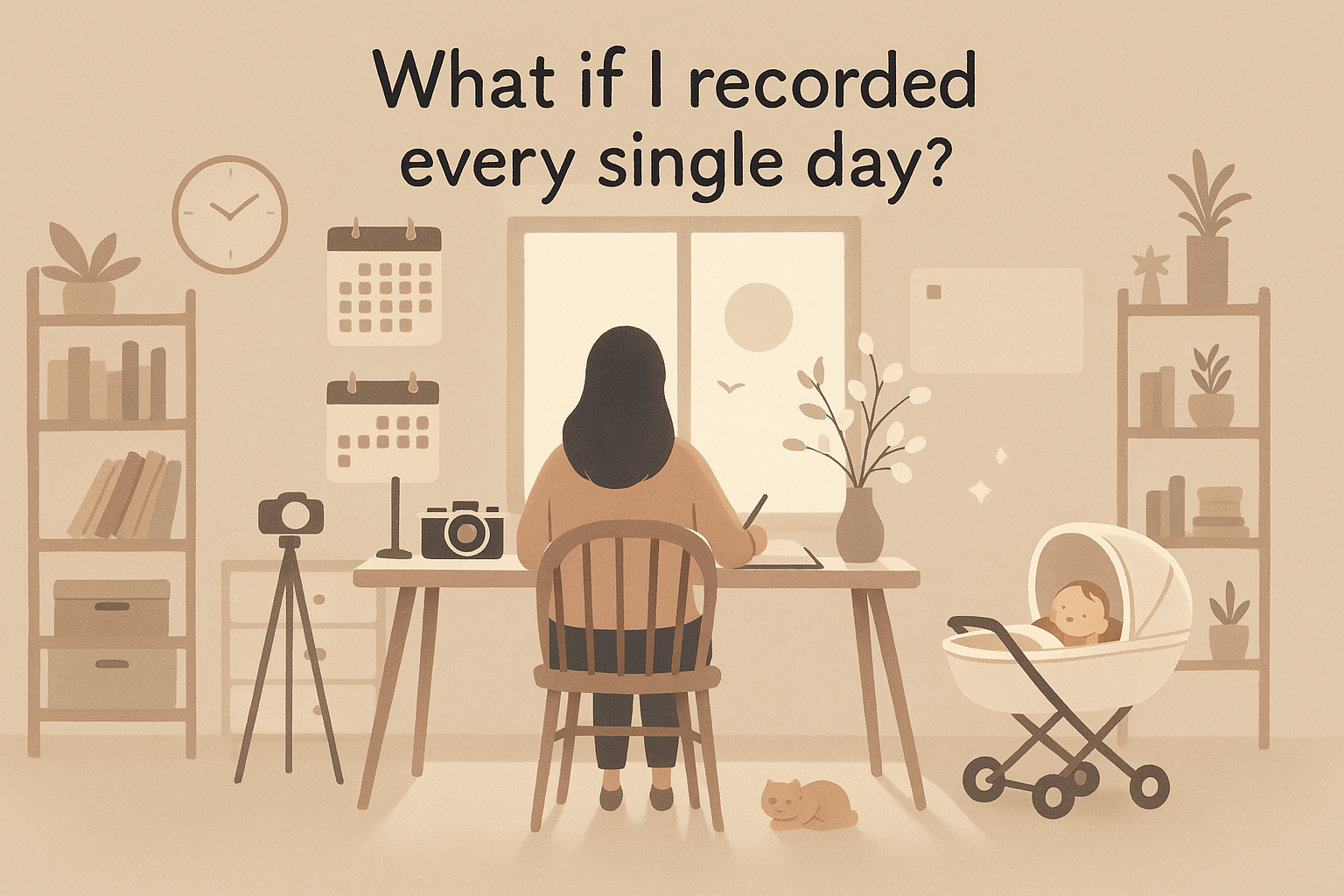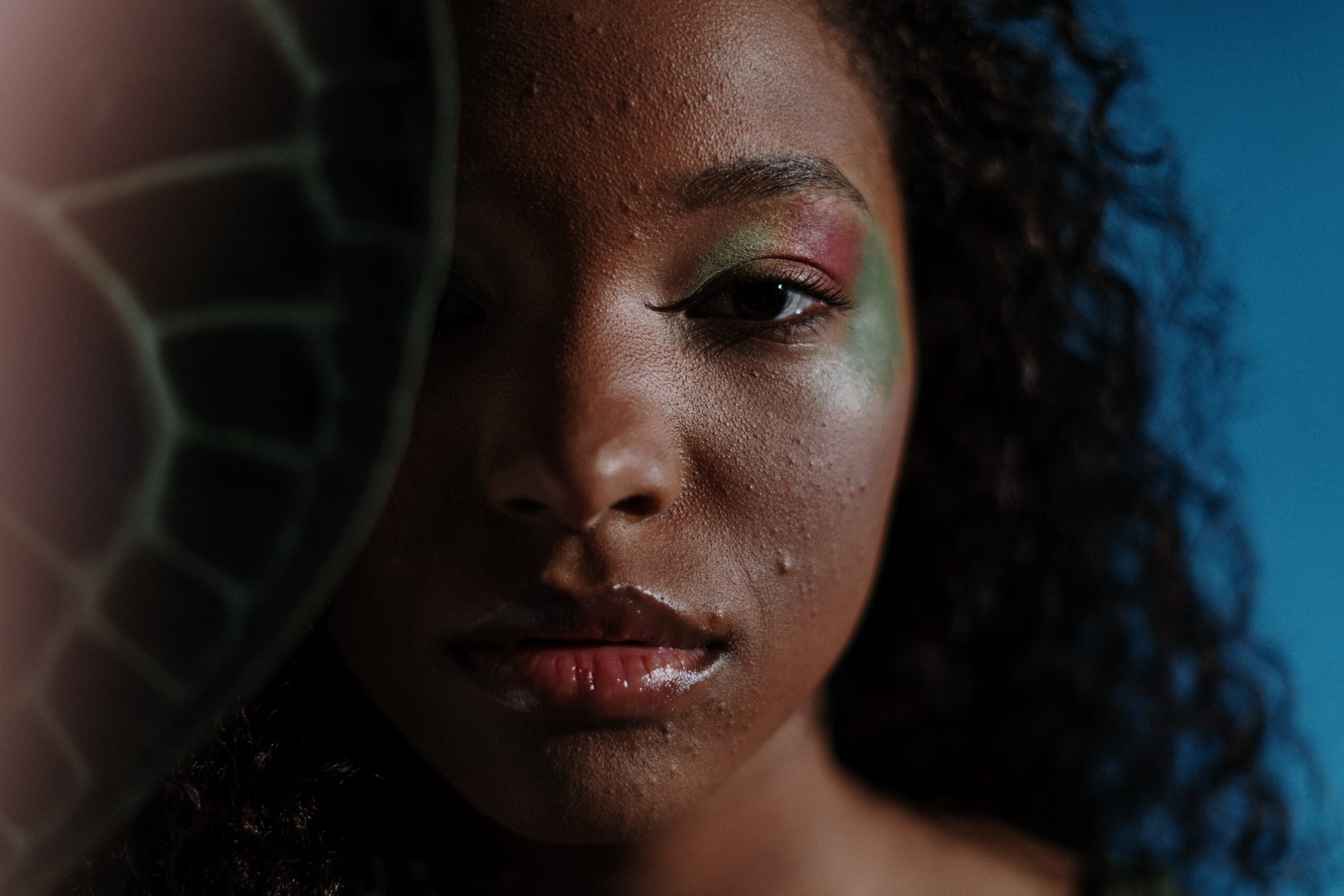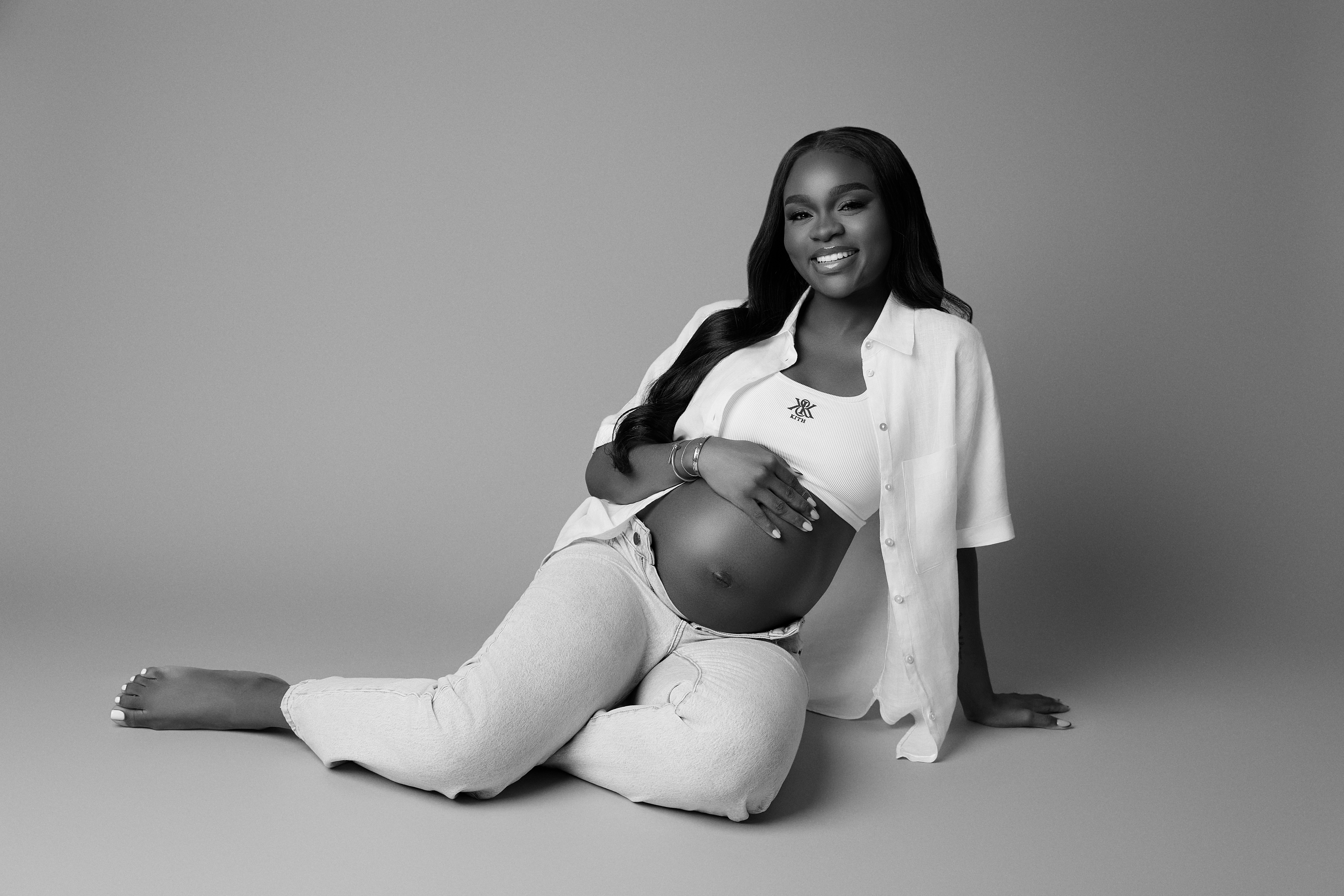
Acne, a very common skin condition that can be linked to some other problems like blemishes, and could even affect your self-esteem. Acne affects 9.4% of the world’s total population, making it the 8th most prevalent condition worldwide. It is estimated that about 85% of the world’s population has suffered from acne at some point in their life.
Acne is one of the most common skin conditions and it mostly occurs during prepubescent age in teenagers. The most common kind of acne is also known as acne vulgaris, as there are different types based on the severity. The common nature of the skin condition has given rise to several myths and misconceptions which we’ll be discussing in this article. These misconceptions affect the overall outcomes when seeking treatment and people’s responses to the condition.
Common Misconceptions About Managing Acne
1. Acne is a result of dirty skin:
It isn’t unnatural for people to think that acne appears because the skin is dirty. However, this is far from the truth. Although washing your face is important, about twice a day, it isn’t the only solution to your acne. There is more to getting rid of acne than just washing your face.
Also, you should be careful of stripping your skin of its natural oils by washing your face too many times a day. It does more damage and can trigger even more breakouts than before. So, if you’re one to wash your face more than twice a day, with a cleanser that is not suitable for your skin type, and you notice more breakouts than before, that may be the cause and you probably need to stop. As mentioned earlier, twice a day is quite enough to get rid of all the excess oils and dirt off your skin, and having a skincare routine can also help reduce the outbreak.
2. Acne is only common to teenagers
Yes, acne is most commonly found in teens due to the over secretion of androgen and production of sebum, it is in no way limited to them. Studies have shown that adults as old as 20 – 45 also suffer from acne. Even I suffered from acne in my early adult years. So, acne shouldn’t be seen as a disease only common to teenagers, with the hopes that it would clear off after puberty. It might take longer and span deep into one’s adult years, especially if you’re dealing with hormonal acne.
3. Your diet is the cause of acne
This is true and false on some levels, depending on which way it’s being discussed. Studies have shown that some foods contribute to the severity of acne, while some other foods probably don’t. A lot of people believe that greasy foods, lactose and even chocolate contribute to acne. While this may be true for some individuals, it may not be the same for others. It simply depends on an individual’s body system to a degree. If you observe that certain foods trigger a breakout, then you should avoid or consume less of such foods.
It’s all about observing your body and understanding potential triggers when it comes to your diet. The environment can also contribute to the outbreak of acne and it is important to identify these environmental causes as well.
4. Acne will fade without treatment
A strong misconception about acne is that it goes away with time, without any treatment. This is not true. You see, there are different causes of acne. Stress can trigger the body to produce an increased amount of hormones that stimulate the production of oil, but there are many other potential causes of breakouts too, such genetics , hormonal fluctuations, amongst others
Some people believe that since it is most prevalent in teenage years, as you grow older you’ll outgrow the skin condition. This isn’t always true and as we have established,acne also affects adults.
Individuals who suffer from acne, either in their teenage years or as adults should seek appropriate treatment, depending on the severity. Severe acne may require a prescription of drugs like Accutane. Not dealing with the issue only prolongs it, and it certainly won’t magically go away for good. There are skincare products suitable for adults and others for teens, so parents, guardians, and teens themselves don’t need to worry about adverse effects.
5. The sun can treat your acne
The idea that the sun can dry up acne is a far-fetched one. Tanning or statin out under the sun doesn’t cure or dry up acne. On the contrary, too much sun exposure can do more damage to your skin than good. You could get sunburned or expose yourself to sun rays that may cause more harm. A certain amount of sun exposure, especially in the morning has its benefits as our skin produces vitamin D due to this exposure. The ar
6. Popping your pimples is safe
If you are one of those to always touch your face or pop your pimple, you should really stop today. Some people have gotten away with popping a few pimples but this should relly be done ny a skincare expert. When you pop pimples yourself, chances are that no matter how you pop your pimple, it is bound to leave either a mild or severe scar behind. It potentially worsens your acne and leaves behind lesions or wide pores.
Acne is can be quite a serious skin condition that requires having the right information to know how to proceed on treatment and care. Misinformation is one of the reasons why people don’t find the right solutions to this skin problem and learning all you can, will do you a lot of good if you suffer from acne. Visit a dermatologist for proper diagnosis and treatment, and you can also get certain skincare products to aid in clearing it up. You should also note that starting treatment doesn’t mean your acne will clear up rapidly. It may take quite some time before huge results are seen, even after beginning treatment. Be patient and kind to your skin, and you will notice improvements with consistency.

 Previous Post
Previous Post


